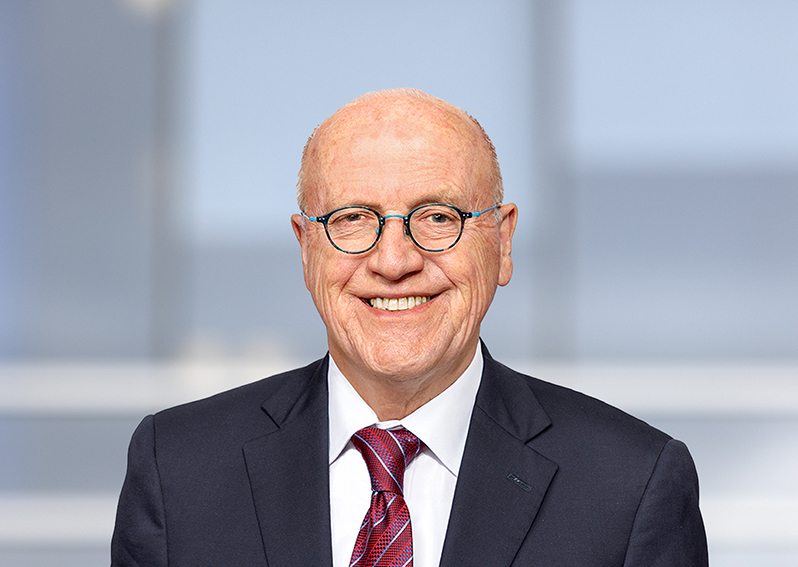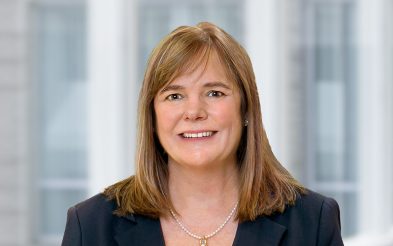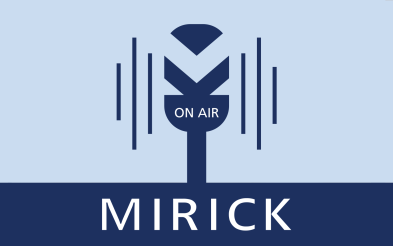In previous columns I have explained how, whether you are single or married, you can always qualify for MassHealth at the last minute if you need to. Knowing that to be true, do you still need to plan ahead? The answer is yes, however, the planning is different depending on whether you are single or married.
If you’re married, while you are both alive, either of you can qualify for MassHealth. However, you should plan ahead if you want to make sure that if one of you dies, your assets will be protected if the survivor needs to qualify. You can do that by:
- Executing a will stating that any assets that would have gone to the survivor will instead be held in trust for the survivor.
- Transferring all assets you want to protect for the survivor into the name of the spouse who is more likely to die first. Even if the assets are transferred to the first spouse to die the day before death, the assets will be protected immediately if the survivor later needs to qualify for MassHealth.
If you’re single, the only way you can protect some or all of your assets is by giving them away and waiting five years. Remember that:
- You don’t need to give every asset away. Keep whatever amount of assets will keep you from losing sleep at night. The assets you keep will need to be spent down if you later need to qualify for MassHealth. However, the rest will be safe.
- You can transfer assets to an irrevocable trust. But alternatively, you can give assets to your children outright. In either case you have to trust the person, since that person will not be legally obligated to use the assets for your benefit if you need them.
- Remember, the 5-year lookback runs until the day you apply for MassHealth, even if you have been in a nursing home for a few years on private pay. So, if you need nursing home care in the interim, structure things so that your children or Trustee can pay the nursing home until the 5-year period has passed and the remaining assets are safe.
I will be discussing qualifying for MassHealth in more depth during this month’s elder law virtual seminar, which can be watched on Frank and Mary’s YouTube channel, www.youtube.com/elderlawfrankandmary, and local cable stations, along with Frank and Mary’s local cable TV shows, where my co-hosts and I address many common issues facing seniors and the resources available during the pandemic. As always, if you have any questions or would like additional information, please contact me at (508) 860-1470 or abergeron@mirickoconnell.com.




